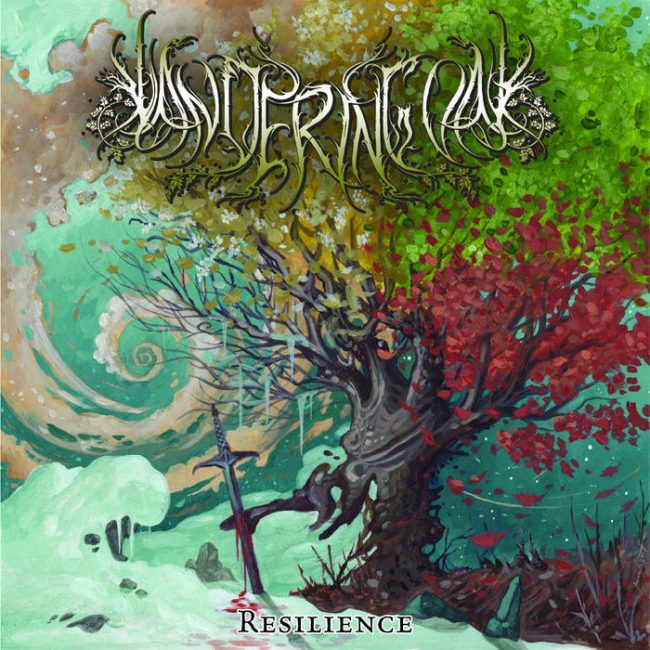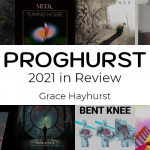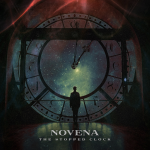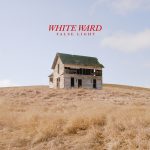Wandering Oak: ‘Resilience’ Review

The album artwork for Resilience
Sometimes an album comes out of nowhere and just floors you – very much the case for Rochester-based Wandering Oak, with their sophomore album Resilience having recently dropped. Resilience was not on my radar at all, having been introduced to me through a listening party on the Images & Words Discord server. This record sits in the realms of hyper-obscurity (58 monthly listeners on Spotify by my last count – will you make it 59?) but has all the refinement of more established artists and I would argue very much deserves your ear.
Where Wandering Oak place themselves with this record is a great blend of progressive metal, with elements of black metal and folk thrown in. Not an unexplored style – Resilience does appear to wear the influence of Akercocke in its vocal approach and perhaps even Wilderun in their “meandering epic” compositional and scope – but takes a thrashier bend and lands plenty of well placed atmospheric moments.
All this amounts to a rather varied album: songs regularly jump between calm and frantic – 11-minute epic and introductory song To Lir They Fell journeys through a myriad of riffs, solos, huge vocal moments, and a flute-led section. A razor-sharp rhythm section through it all – drumming from CW Dunbar isn’t overly flashy (though they do get some great fills in during the title track) but drives the songs rather well.
Primary songwriter/vocalist/guitarist Robert Bruce Pollard’s galloping riffs and booming clean vocals are a welcome inclusion throughout. His clean vocals – again sitting in that Akercocke space – land incredibly well on the 13-minute closer Snowbound. The harshes are more sparse but effective in their use. There’s also plenty of guitar versatility to be found on album highlight A Florid Grain, with electric and acoustic prowess both well showcased.
The decision to approach this album entirely with fretless bass was also a great one – one key technical showcase of Deidre House’s “house style” being a great, albeit short solo on the album’s title track, but her more melodic sensibilities are shown on Vespertine and its atmospheric intro. All this is complemented by a strong mix on the album – the bass constantly weaves between riffs, making itself invaluably present throughout the record.
There’s a lot to like here, and not a whole load to criticise – it’s nothing particularly new within the grand scheme of metal, but that’s fine if you ask me. Does it sound like other records in your extreme metal collection? Most likely, but also it sort of doesn’t. What Resilience does have in lieu of a grand musical innovation is its own distinct personality – and in this regard, Wandering Oak very much sticks the landing: they’ve found a sound they’re proficient at and are just having fun with it.
A bevvy of riffs, energetic fretless bass and evocative vocals add up to something overall rather admirable. Wandering Oak’s Resilience achieves a lot in its 45-minute runtime – I’m already excited to see where they take us next, and I hope they pick up more of an audience to see it happen.









